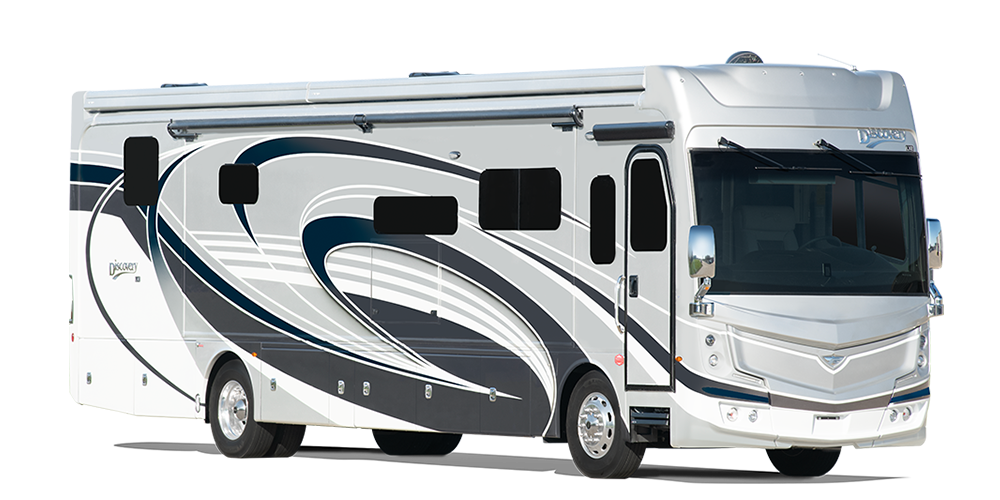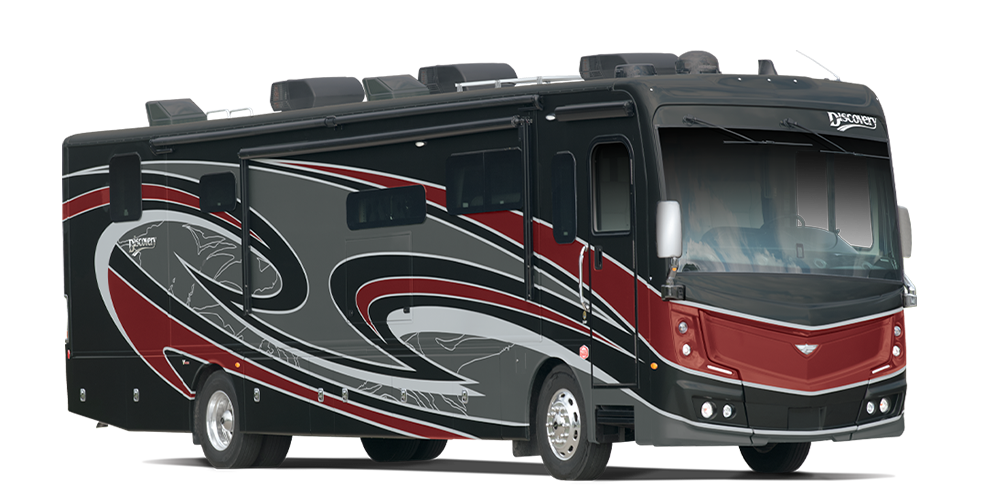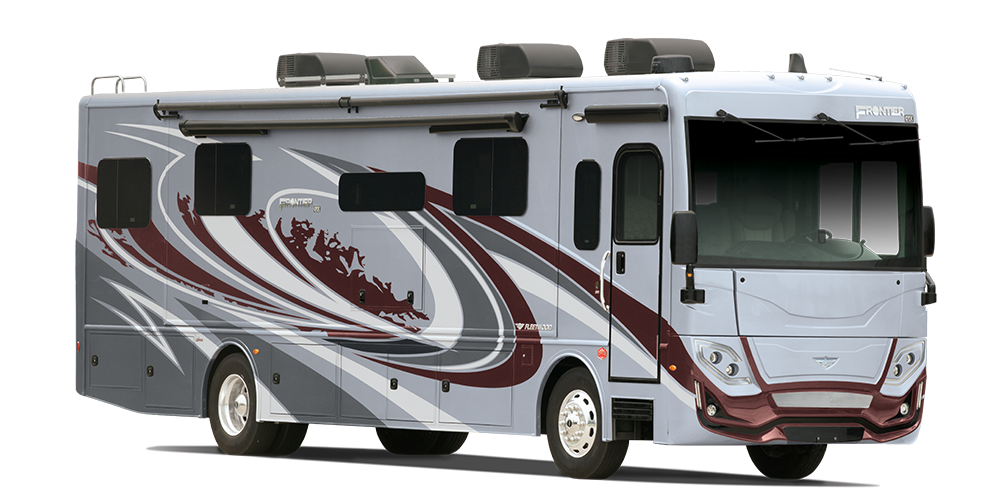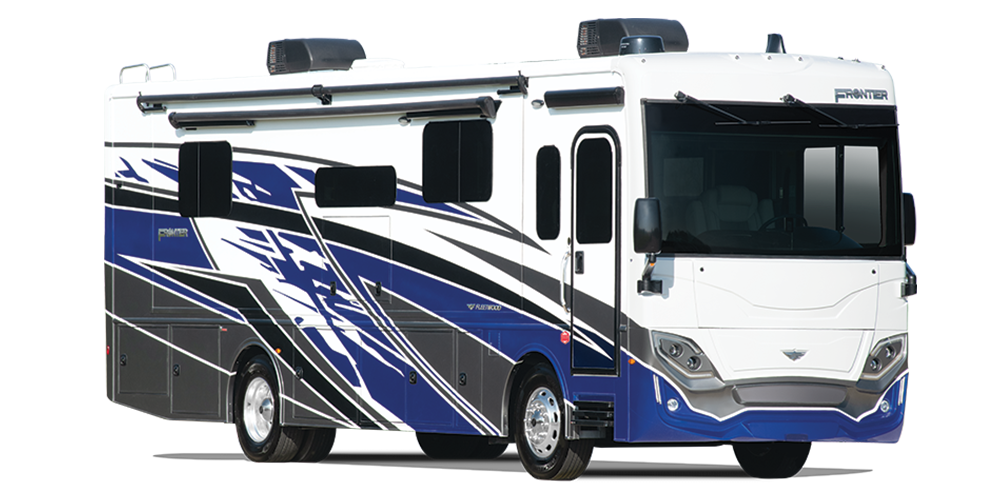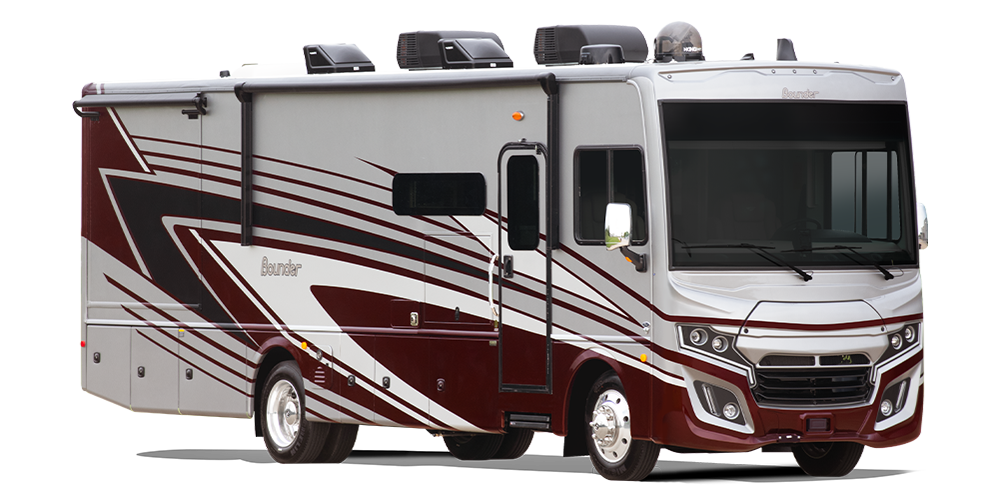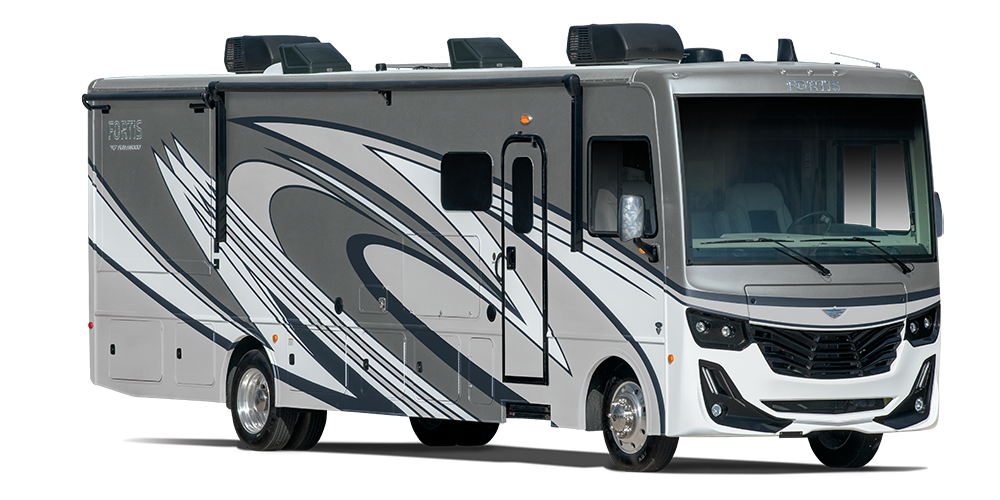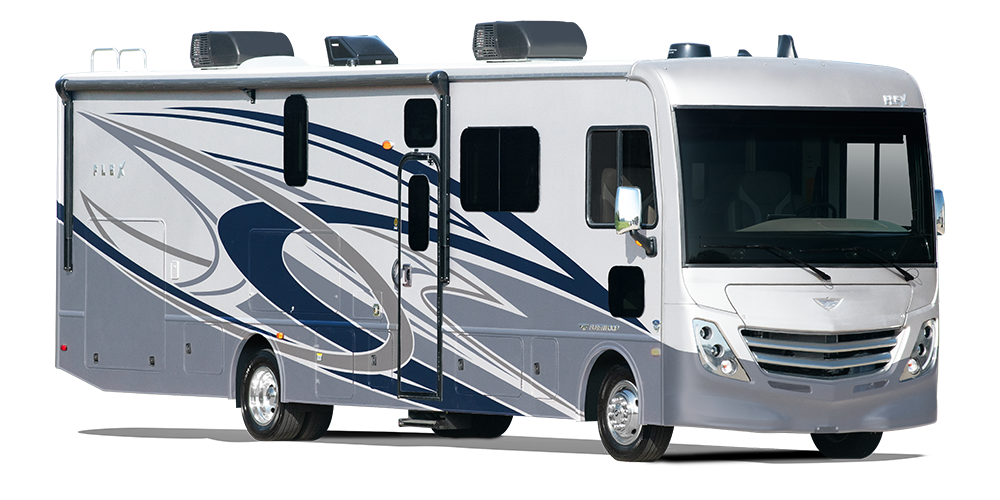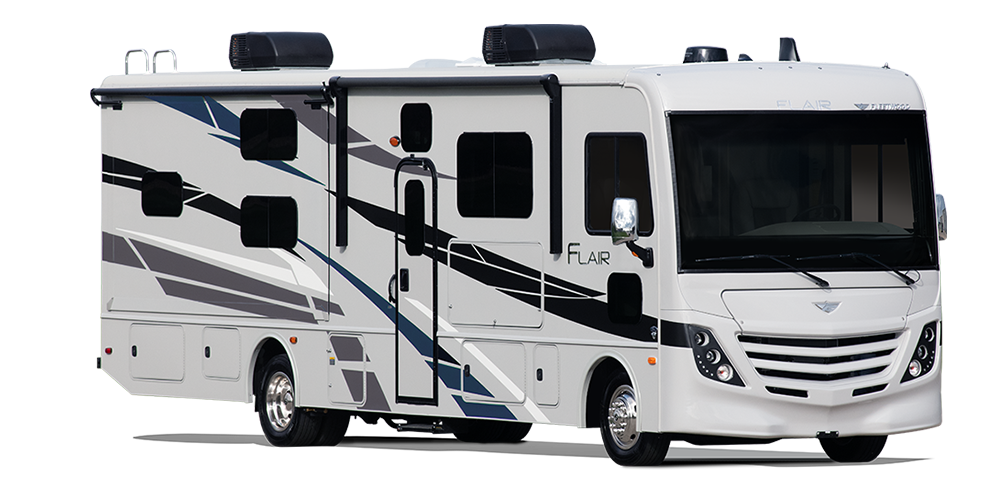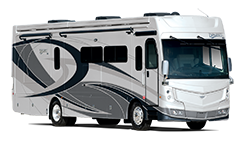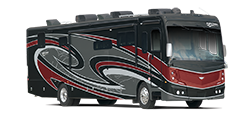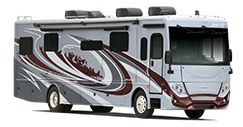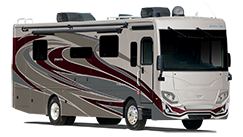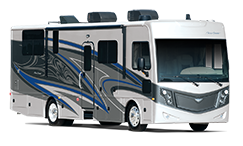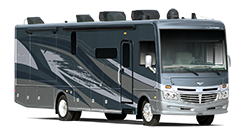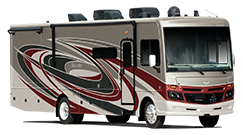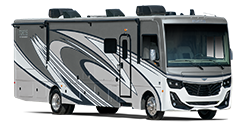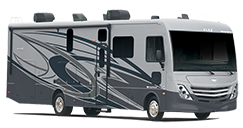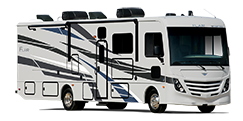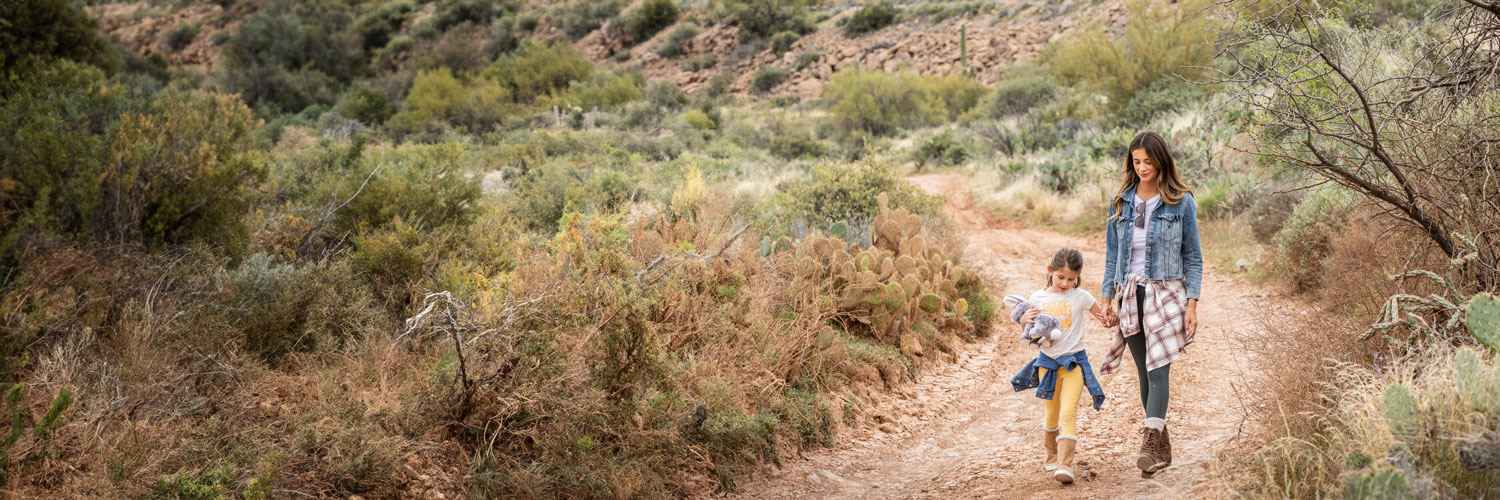How Millennials Have Contributed To the RV Industry
As Millennials are getting enough financial capital to buy larger things, many of them are buying RVs. They’re changing the way RVs are sold and creating a new marketable demographic in the industry. Since Millennials are becoming so interested in RVs, the industry has had record gains, and those gains have been getting steadily bigger for almost a decade. There is a good reason to believe that this industry boost will continue for a while.
The RV industry includes more than just RVs; it actually encompasses many different types of vehicles. Traditional RVs are often too expensive for many, but other types of vehicles allow many other new customers access to the market. Millennials are buying trailers, small units that they can tow behind a truck or other large vehicle. Some Millennials are actually choosing to live “off the grid” in these trailers, so they end up being repeat customers as they need repairs, upgrades, or new models as companies add bigger and better features.
RV companies are growing a lot in the last few years, merging with each other to create better opportunities for customers. These “teamups” have been beneficial to everyone involved because the better options have done a lot to increase demand among Millennials. These mergers don’t negatively affect Millennials nearly as much as they could in other industries, because people who buy RVs don’t usually care exactly what brand they buy. RV owners are more concerned about their vehicle’s features. Companies have to be especially careful not to inflate their prices too much, because it is easy for Millennials to compare prices and features, especially in the digital age.
It is common for RV owners to buy multiple vehicles over time, and the younger they are when they buy their first, the more chance they have to buy another. Millennials want different things than the generations before them, though, so companies have made some significant design changes to their vehicles in recent years. Having access to modern technology is especially important to Millennials, and some younger campers value having WiFi as much as having toilet paper. Keeping up with technology in this way sometimes means a significant financial investment for RV makers, but gaining new millennial customers can make up for it.
Millennials like to maximize their space in RVs, and parking in places where they can do that is a major draw to them. Not all places allow RVs to use their slide-outs to increase their space, and while older generations may have been fine with this, Millennials expect more. Campgrounds that offer easy access to technology, with WiFi and electricity, are also important. Many campgrounds on federal lands aren’t modernized, and getting them up to date could draw millennial campers to those places, increasing tourism and federal revenue through the RV industry boom.
A big turn-off for many Millennials is a vehicle that’s very heavy, because it takes a lot of gas to move them, and they can be harder to maintain. The RV industry has responded to Millennials’ concerns by making trailers that are lighter and more durable than they used to be. This also makes them easier to pull, with something like a minivan. These design improvements are particularly important because people tend to buy larger RVs as time goes on. If a bigger model of RV uses up much more gas than a buyer’s current model, they’re much more likely to keep the smaller one, even if they need more space.
Inflation and depreciation is a potential drawback in the RV industry, one that companies must be aware of when marketing to money-savvy Millennials. Buying prices of RVs inflate quickly, but an RV depreciates even more rapidly after being bought, so it is possible that some Millennials may not consider them a good investment. This is another part of the reason that Millennials tend to buy trailers and smaller vehicles. Those smaller vehicles aren’t as prone to fluctuations in value, which makes them feel like a safer investment.
A recently developed partnership between REV Group, REV Rentals, and Outdoorsy could be the answer to many of the issues that Millennials face when searching for the perfect RV option. The new union gives people the ability to rent RVs through Outdoorsy’s RV-share marketplace with ease. Renting gives Millenials the opportunity to test out different recreational vehicles, experience life on the road, and ultimately find what type of RV fits their lifestyle and preferences best. Additionally, the option to rent the RV, rather than buy, is the cost-effective solution to fit anyone’s budget. Through Outdoorsy, REV Rentals will be featuring high-end Class A and Class C motorhome rentals from REV Group’s Fleetwood RV and Holiday Rambler brands.
(Click here to read more about this new partnership).
Millennials are driving a boom in the RV industry, and it’s having a positive impact on both RV companies and their consumers. The industry is getting an influx of new customers and revenue, with a high potential for repeat customers. The needs and desires of Millennials are driving the industry to improve their products, and new generations of campers are finding recreational vehicles more accessible, giving them a chance to experience more of the world. As long as Millennials remain interested in travel, they will likely continue boosting the RV industry and will encourage the generations after them to do the same. The industry will need to stay informed of any new things Millennials need, but as long as they can do that, Millennials will continue to be interested in RVs.
Most Popular Blogs
Easy Workouts While on the Road
Traveling away from home shouldn’t mean sacrificing your exercise routine. […]
